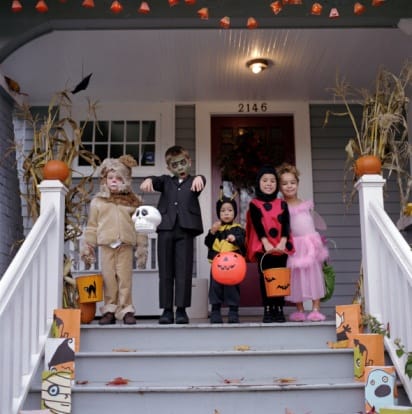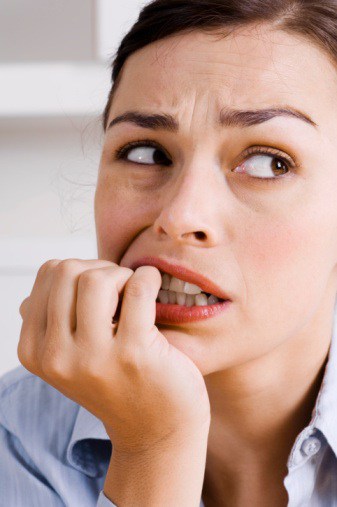
Tag: family dentist sparks nv
Don’t Play Tricks on Your Teeth this Halloween

This Halloween, the American Dental Association and the team at Wager Evans Dental want to remind you to take care of your teeth and yourself (and your kiddos) while you celebrate.
Sweets and Treats
Candy is one of the best parts of Halloween, but it’s also the number one reason why your dentist may not be celebrating with you. Sugar is the archenemy of your teeth, and too much of it can cause cavities and tooth decay, which is the most widespread childhood disease. To protect your teeth on this spooky holiday (and every other day of the year), consider the following:
- Eat sweets with meals rather than as snacks. Saliva production increases during a meal, which helps to rinse food particles from the mouth and neutralize plaque acid.
- Avoid sticky candies for a few reasons. First, they adhere to your teeth, keeping them in your mouth for longer. The longer your teeth are exposed to sugar, the more time the bacteria has to create acid that weakens tooth enamel, encouraging the growth of cavities. Secondly, sticky candies, such as caramels, taffy, and gummies, have the potential to damage dental work, including fillings, dental crowns, and bridges.
- Neutralize sugar by eating foods like cheese, peanuts, and fruit. Also, chewing sugarless gum for 20 minutes after meals has been shown to reduce tooth decay because it increases saliva flow. Continue reading “Don’t Play Tricks on Your Teeth this Halloween”
Your Teeth Are Not Tools

What you may not know, however, is that how you use your teeth greatly impacts the health and appearance of your smile.
Do you crunch on ice? Cool it!
Anytime you crunch on a hard, solid object (whether it is food or something else), you run the risk of cracking, chipping, or otherwise damaging a tooth or several teeth, your tooth enamel, or existing dental work. Ice cubes, due partially to their cold temperature, increase this risk.
Also, because of its temperature, ice can potentially shock a nerve in your tooth, causing the need for root canal therapy.
Your Teeth Are Not Tools
Do you use your teeth to rip tags off of clothing, open wrappers, open bottles, and hold things when your hands are full? If so, you’re putting yourself at risk for severe dental damage and infection. Our teeth are meant to bite, chew, help us speak properly, and help us smile- that’s it. They’re not pliers, scissors, or spare hands.
They’re also not nail clippers. Biting your nails is one on the worst things you can do for your teeth. The pressure from pulling your fingers away from your teeth can cause misalignment, cracking, chipping, and damage to existing dental work. Also, your sharp nails (which are covered in bacteria, by the way) can scratch and cut your gums, causing an open sore in your mouth for bacteria to infect. Continue reading “Your Teeth Are Not Tools”


